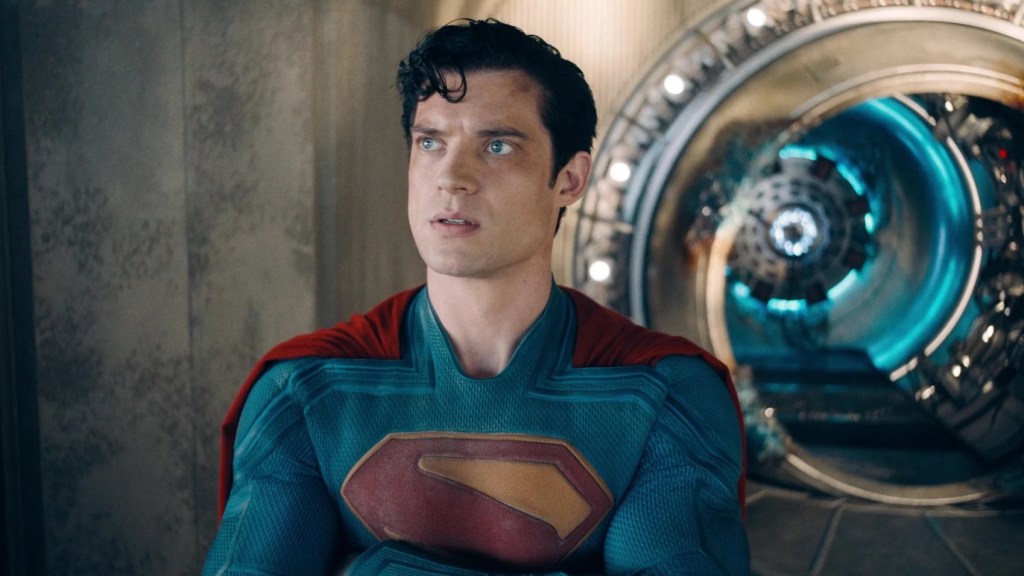James Gunn’s Superman was one of the most important film releases of this year. While Gunn tried to downplay the amount of pressure Superman was under to perform at the box office, there’s no denying there was a lot riding on the reboot. As the first theatrical installment of the newly launched DC Universe franchise, Superman needed to be well received so the shared universe got off on a high note. Earning positive reviews from fans and critics alike, Superman exceeded box office projections in its opening weekend and eventually became the year’s highest-grossing comic book movie. With a worldwide gross of $615.7 million, Superman was seemingly a success, but a harder look at the numbers could reveal otherwise.
Now that Superman has officially finished its box office run, Forbes did a breakdown of the movie’s financial stats. Expenses come out to about $350 million, a figure that includes the $225 million production budget and another $125 million for marketing costs. As Forbes notes, studios “generally split their ticket sales 50-50 with theater owners,” which means DC Studios/Warner Bros. took home approximately $308 million of Superman‘s global total. That number is obviously below the $350 million that was spent on the film, so based on this, Superman actually didn’t turn a profit from box office grosses alone. But it’s not all bad news for the DCU.
Box Office Was Just One Way For Superman To Make Money

The film industry is a business, so the box office is undeniably an important aspect. Studios don’t want to see their highly touted releases bomb and fail to make an impact with general audiences. That said, box office is not the only revenue source available to studios; there are other ways to recoup investments. In the case of a major blockbuster like Superman, there are licensing and merchandising deals (see: tie-in toys) that can prove to be quite lucrative. Additionally, WB makes money from home media sales (PVOD rentals, Blu-ray purchases, etc.), and Superman is the type of film that could help drive up HBO Max subscriptions.
It’s important to keep that more comprehensive picture in mind, especially since moviegoing habits have changed significantly following the COVID-19 pandemic. Shortened theatrical windows have made it easier for people to wait to see the latest releases at home. Superman became available on digital roughly a month after it hit theaters, a decision made to give more fans access to the film before the Peacemaker Season 2 premiere. For what it’s worth, Superman has been a big hit on home media, topping HBO Max charts after its debut on the streaming platform. Taking everything into account, WB will likely turn a profit on Superman.
Even if Superman isn’t in the black yet, executives are happy with the way it’s turned out. Gunn is moving forward on follow-up film Man of Tomorrow, which will see Superman and Lex Luthor team up against a dangerous threat. Man of Tomorrow has already secured a July 2027 release date, and filming will begin next year. That likely wouldn’t be happening if Warner Bros. Discovery, DC Studios’ parent company, had concerns regarding Superman‘s performance. Instead, WB has enough confidence in the direction of the DCU to continue the franchise.
Superhero movies have been around for so long that it’s easy to forget each one isn’t an apples to apples comparison to what’s come before. Superman is the DCU’s first movie, and financial expectations should always be more modest in those cases. Iron Man got the MCU off to a humble start of $585.7 million worldwide, and Batman Begins grossed just $375.5 million globally. Both of those franchises went on to greater things, so the same can be true for the DCU. Now that things are in full swing and audiences are onboard with the new vision for DC (Superman and Peacemaker are both well received), hopefully the upcoming movies can be bigger box office hits.
What do you think? Leave a comment below and join the conversation now in the ComicBook Forum!







